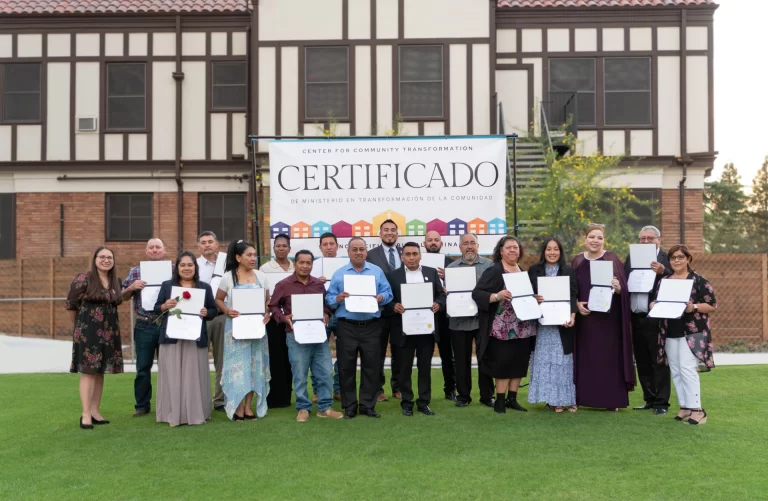“My hope is that every school becomes a community school. If it’s done how it’s supposed to be done, we will look back and say that the community schools model helped change the city.”
~Tashon Smallwood, Community Schools Coordinator at Thomas Elementary
What is a Community School?
Community Schools are those committed to a “whole child” school improvement strategy through community engagement.
According to the California Department of Education, “community schools also ensure that students, families, and community members are embraced as full partners in every aspect of decision-making that affects the conditions for teaching and learning.” They aim to address not only academic needs but also social, emotional, and health-related aspects of students’ lives, ensuring that they are safe, engaged, and valued.
Community schools reflect the unique needs and assets of their communities. They operate on four core pillars:
- Active family and community engagement
- Integrated student support
- Expanded learning time and opportunities
- Collaborative leadership and practices.
These pillars help ensure that students have the resources and support they need to thrive academically and socially. By bringing in community resources, such as mental health services and after-school programs, these schools address barriers to learning and make sure every student can reach their full potential.
There are about 8 to 10 thousand community schools across the country and this number continues to grow!
Impact of Community Schools on Students
Research shows that they help improve not just academic outcomes, like better grades, higher graduation rates, and lower absenteeism, but also contribute to the overall well-being of students and their families. By providing equitable access to resources, students have better opportunities to develop social and emotional skills, preparing them for success both inside and outside the classroom.
How does the Center for Community Transformation work with Community Schools?
Listening Sessions and Focus Groups
In collaboration with Every Neighborhood Partnership, CCT is working with 19 Fresno Unified schools to assess their greatest strengths and deepest needs based on the input of parents, students, staff, and local nonprofits.
This involves hosting listening sessions and focus groups to determine what assets exist within a school and how those can be utilized to address their weaknesses. At each school, CCT and ENP are working to develop leadership teams made up of stakeholders (parents, students, school staff, etc.) These leadership teams will help schools decide what programs are most important and impactful for students.
“The Center for Community Transformation has been extremely helpful… If we have any questions regarding how do we interview the community, how do we interview our parents, what should we be asking?” says Tashon Smallwood, Community Schools Coordinator at Thomas Elementary. “The listening tour that they helped us with was key in determining the direction we should go [to better support our students].”
Community Schools Trainings
This year, CCT is offering Community Schools training for school districts in Stanislaus, Fresno and Kern counties. Last year, we served more than 50 school districts through these Community Schools workshops! We hope to partner with even more schools this year and are thankful for the opportunities Fresno County Superintendent of Schools has provided for us to do so.
Success Stories: Thomas and Birney Elementary Schools
At Birney Elementary, the implementation of the community school model has led to nearly doubling parent engagement opportunities, with a goal to increase that by another 25% this year.
Birney Elementary also identified critical needs through listening sessions and surveys of their stakeholders. “We were able to identify that some basic needs were not being met [such as clothing]. So we started a clothing closet [at the school],” shared Carlos Corona, Birney Elementary’s Community Schools Coordinator.
“Our students need more than just educational support. Is there any support that we can offer at home? Are they getting the right nutrition?” These are questions Tashon Smallwood, Community Schools Coordinator at Thomas Elementary is asking.
Food insecurity, a critical need identified at Thomas Elementary through strategies such as surveys and listening sessions, has been addressed by partnering with a local church to provide monthly food distributions. As a result, families have been able to rely on regular support to meet their basic needs, ensuring students are better prepared for success in the classroom.
Want to learn more about community schools?
Contact Carlos Huerta, CCT’s Executive Director, at carlos.huerta@fresno.edu.





